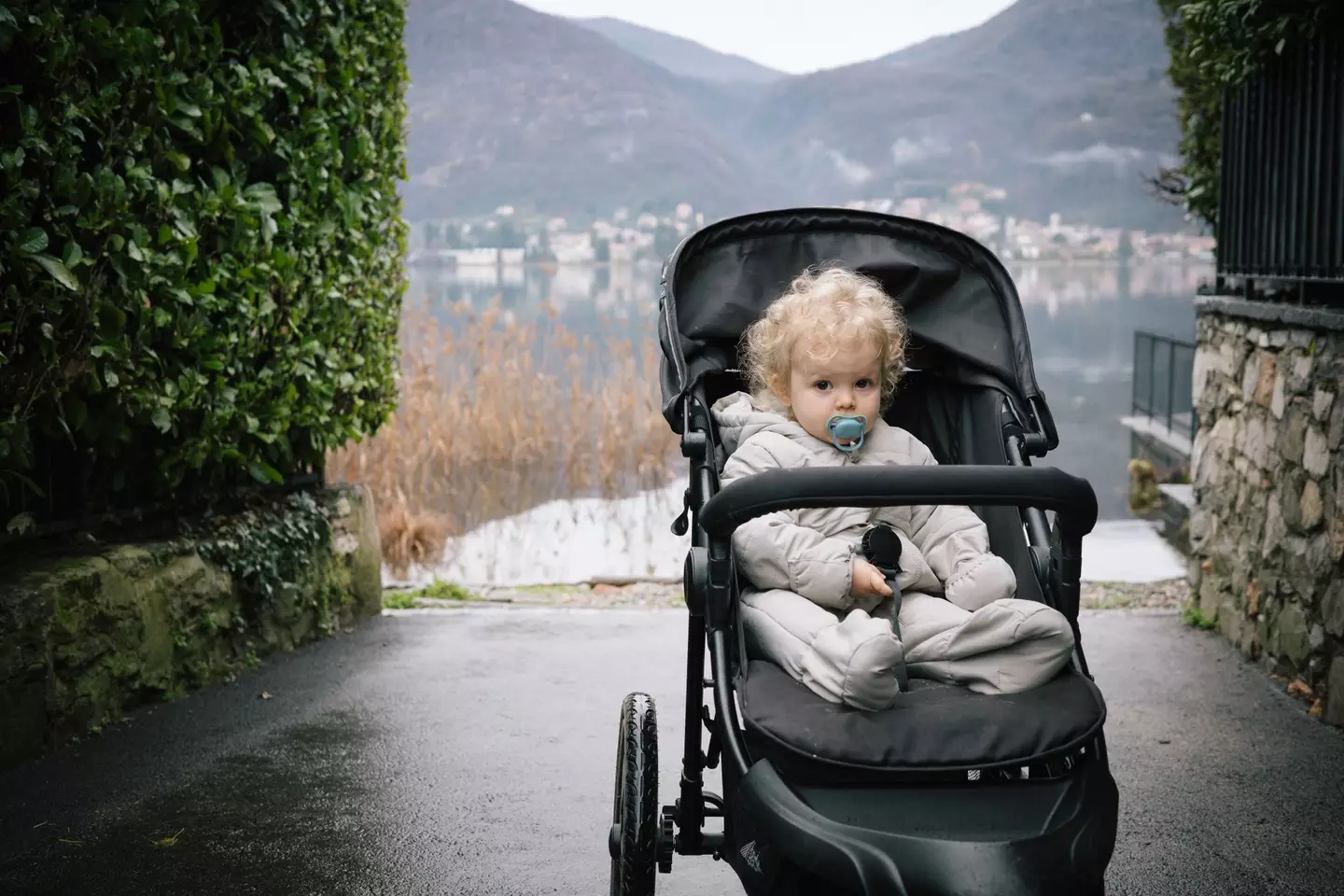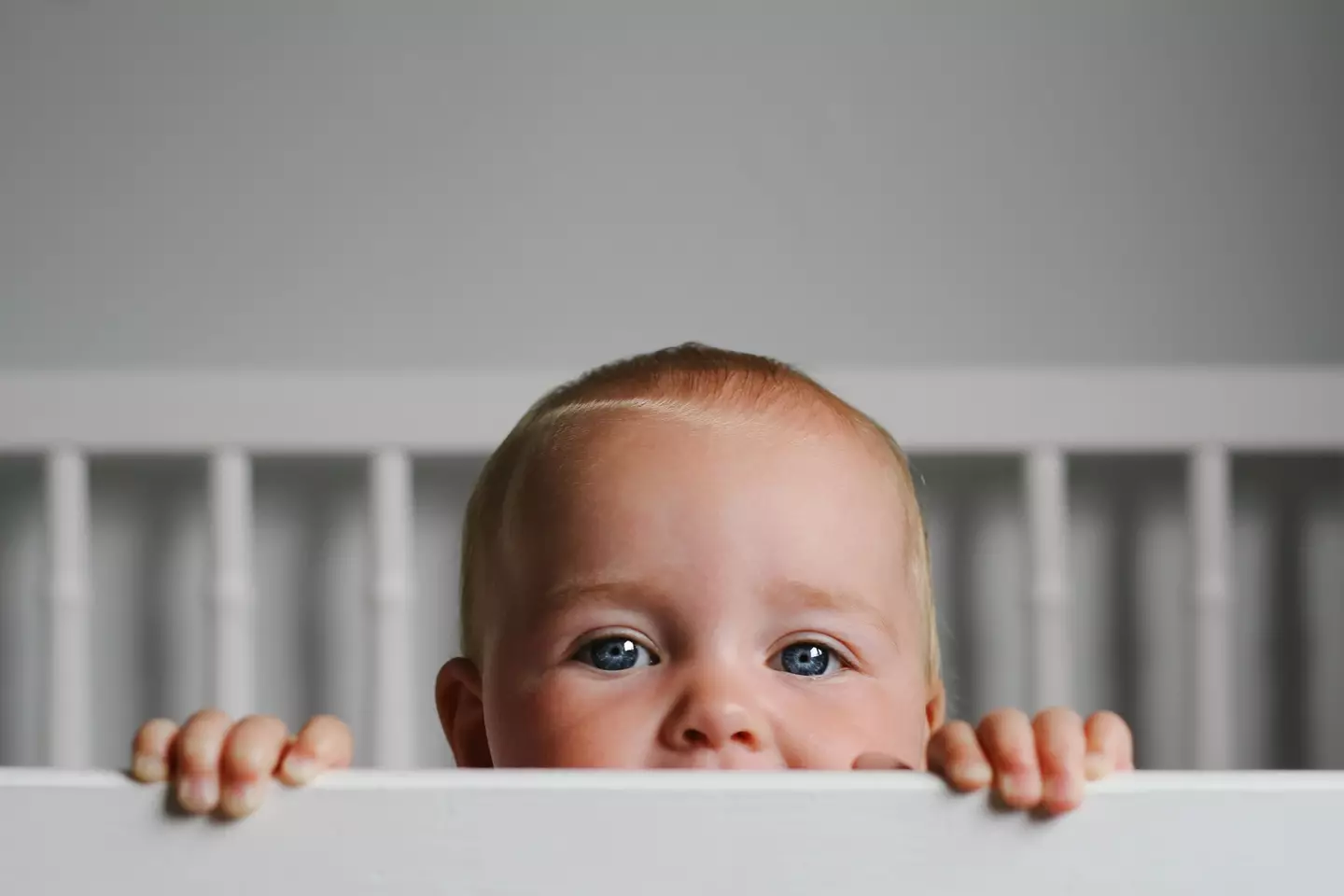
For parents in Nordic countries, leaving a baby or toddler outside in the cold for their lunchtime nap is part of their daily routine.
In Oslo, Norway, for example, the average winter temperature is just below zero, and in Stockholm, Sweden, temperatures range from -5 to -2°C in the daytime.
However, if you visit one of these Nordic travel spots, which also includes Copenhagen, Denmark, Helsinki, Finland, and Reykjavík, Iceland, you might be surprised (or alarmed) to see strollers lined up outside.
Sometimes you may come across this phenomenon outside a coffee shop while the parents enjoy a caffeine fix indoors.
Advert
This Nordic cultural trend received attention after footage of not just one, but multiple babies being left outside to sleep was posted by Aussie TikToker Olly Bowman (@mrmelk_) in 2023.
Alongside the video, which was filmed in Norway, Bowman wrote: "Another day in Norway, another group of babies left out alone in the cold. Look how many there are.”
Social media users were left thinking no way, and were quick to voice their confusion, with one person writing: "Are babies not kidnapped in Norway? My anxiety would never.”

Someone else said: “No. Freaking. Way.”
A third wrote: “I’m sorry WHAT.”
Why are Nordic babies sleeping outside?
Bowman explained that he found out the reason behind this Nordic trend.
“It helps with their breathing and makes them more independent", he said.
“It’s actually why so many people leave home earlier in Norway than other countries.”
Bowman also took to the streets to ask parents in Oslo why they thought babies were left outside to sleep.
One person responded: “I could leave [my baby] outside for a second or two at a café if I'm going inside for a coffee, but I always want to supervise her. I want to see her and make sure she’s not crying.”
And this wellness trend is not new. The theory behind napping outdoors in the cold is that children who are exposed to fresh air, whether it’s summer or winter, are less likely to catch coughs and colds, the BBC reported in 2013. Keeping children in a room of 30 other children at school, for instance, would not be good for them.
Lots of parents also believe children sleep better and for longer when they’re outside. "Babies clearly slept longer outdoors than indoors," says Marjo Tourula, a Finnish researcher.
"Probably the restriction of movements by clothing could increase the length of sleep, and a cold environment makes swaddling possible without overheating.”
Although the sound of it may send shivers down your spine, -5°C is the best temperature for an outdoor nap, according to Tourula’s research. Some parents even put their children outdoors at -30°C.

So, maybe we could all learn something about Nordic sleeping habits, although we may have to draw the line at -30°C.
Another sleep wellness trend you may come across in Scandinavia can apparently guarantee a good night's sleep and stop you from falling out with your partner.
After one doctor warned getting as little as five hours of sleep a night can lead us to an early grave, we should all try to improve our sleep patterns.
The Scandinavian sleep method is simple yet effective, with plenty of people in Sweden, Norway, and Denmark swearing by it. It involves each person having a separate duvet while sharing the same bed. It's a great alternative to sleep divorce, where couples bunk up in different beds.
Behavioral sleep medicine specialist Ellen Wermter told CBS News: "You could do your cuddling and still use this method. If people don't want to take as extreme a step as separate beds or separate rooms, this can give you a little bit of separateness and individualization with still being within arm's reach of each other and feeling the comfort of having a bed partner close by."
